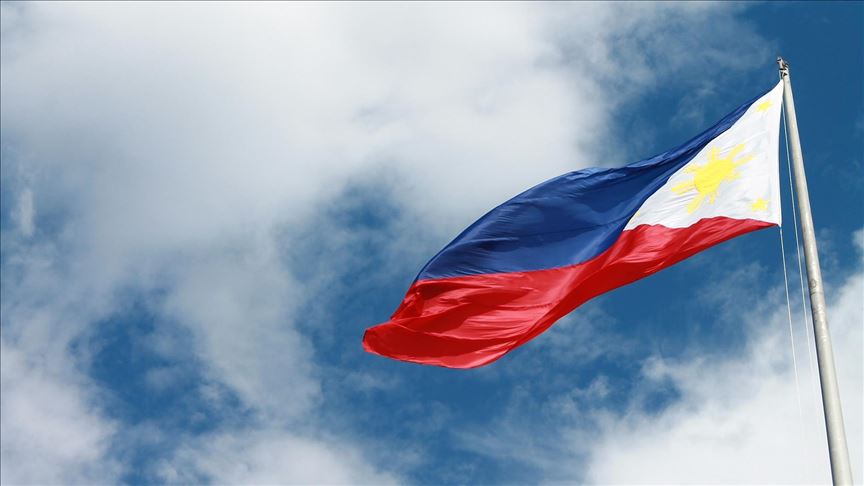Philippines: Lower house passes anti-terrorism bill
Presidential spokesman dismisses concerns that government could use law to target opposition, progressive groups

JAKARTA, Indonesia
The lower house of the Philippines’ parliament on Wednesday approved tougher new anti-terrorism legislation that has been criticized by the opposition and human rights groups.
According to the state-run Philippine News Agency (PNA), the House of Representatives approved the Anti-Terrorism Act of 2020 on its third reading.
If passed into law, the bill would effectively repeal the Human Security Act of 2007 and replace it with a harsher law.
“It introduced provisions imposing life imprisonment without parole on those who will participate in the planning, training, preparation, and facilitation of a terrorist act; possess objects connected with the preparation for the commission of terrorism; or collect or make documents connected with the preparation of terrorism,” said the PNA report.
Under the bill, any person who threatens to commit terrorism can be jailed for up to 12 years, while the same term will be given to those who propose any terrorist acts or incite others to terrorism, said the agency.
“Any person who shall voluntarily and knowingly join any organization, association, or group of persons knowing that such is a terrorist organization, shall suffer imprisonment of 12 years and those who will recruit another to join, commit, or support any terrorist organization will be punished with a penalty of life imprisonment without the benefit of parole,” the bill states.
Harry Roque, the presidential spokesman, dismissed concerns that the government could use the law to target the opposition and progressive groups, calling them “unfounded.”
In a press briefing on Wednesday, he said the country is still facing threats from terrorist groups in the Marawi region of the southern Philippines.
“We saw that there was an attack again in Sulu perpetrated by the Abu Sayyaf [group] and that it's a never-ending cycle,” he said.
“The right to strike is again protected by the Constitution,” he added.
‘Cruel, inhuman’
With President Rodrigo Duterte expected to sign the bill into law this year, human rights groups and lawyers have expressed concern over its imminent approval.
In a statement, Human Rights Commission spokesperson Jacqueline de Guia warned that prolonged detention under the bill may result in “cruel, inhuman, and degrading treatment or torture.”
The Marawi region is still the hub of a Daesh-linked armed group which has carried out multiple attacks on Filipino soldiers.
In 2017, clashes between government forces and the Daesh-linked Maute group, supported by Abu Sayyaf guerrillas, forced nearly 400,000 residents to flee towns in the Lanao del Sur province.
The conflict, which lasted from May to October, killed more than 1,000 people, mostly militants, according to the Philippines Armed Forces.
*Writing by Rhany Chairunissa Rufinaldo from Anadolu Agency's Indonesian-language services in Jakarta.
Anadolu Agency website contains only a portion of the news stories offered to subscribers in the AA News Broadcasting System (HAS), and in summarized form. Please contact us for subscription options.

